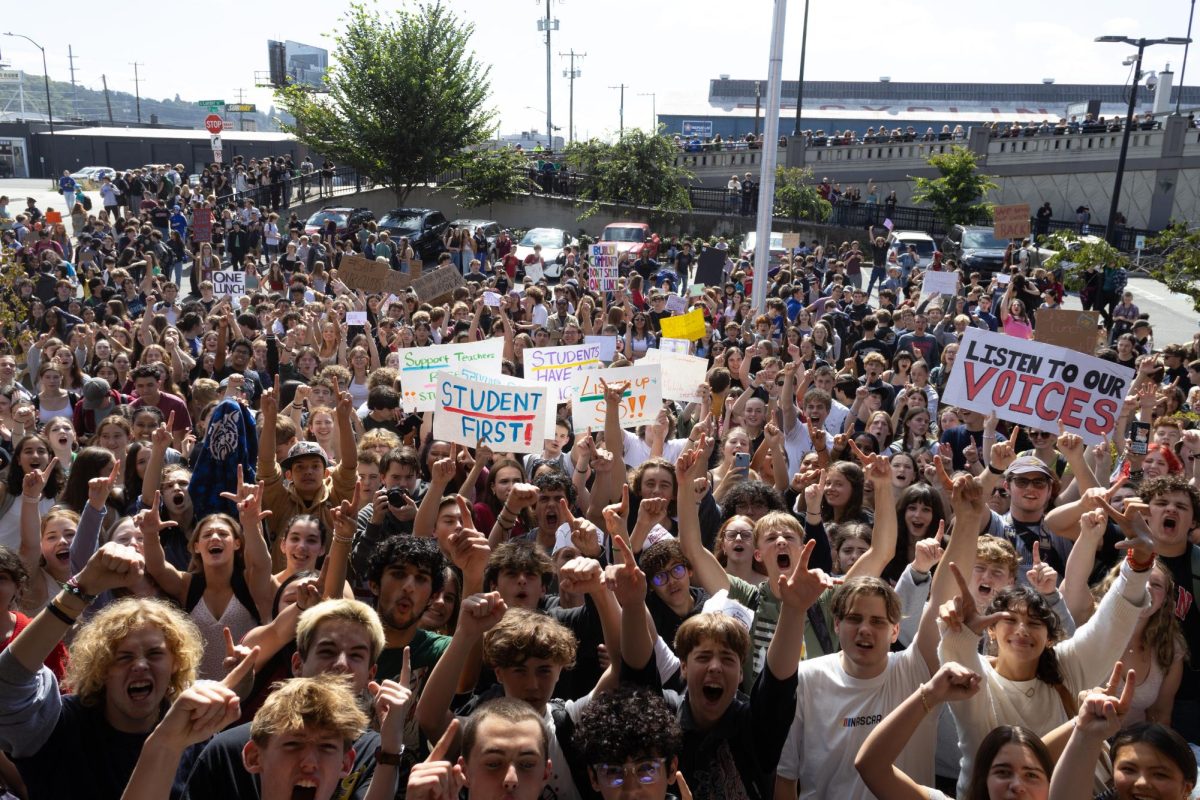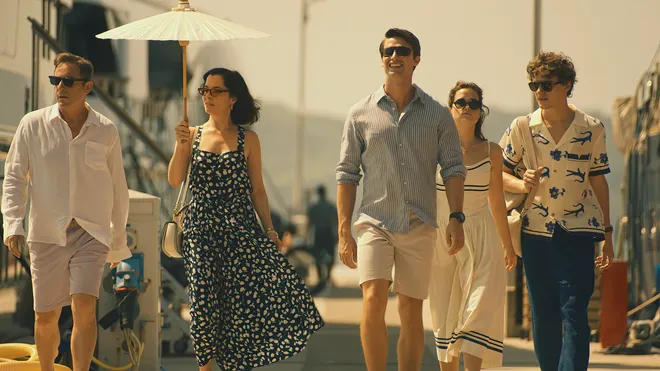There’s quite the struggle in trying to adapt a piece of media into another piece of media. To translate the complicated work of a novel, video game and fable into the equally complicated work of a film, television show and musical is both an act of love and hate: to deeply understand and to articulately adapt a piece of media is an act of love while to utterly disrespect and confusedly adapt a piece of media is an act of hate.
Everyone’s adapting everything now anyways; every New York Times bestseller book is getting its own limited series while every sugary 2000s movie is getting its own Broadway musical. But to adapt coherently and respectfully is a skill not many have mastered.
The prime example I can configure is the miscalculated attempt at adapting the 2020 video game “The Last of Us Part II” for the second season of the HBO Max series “The Last of Us,” whose first season was an adaptation of the first video game. The first season and game is much more thematically and structurally coherent: We follow Joel (Pedro Pascal), in a fungal apocalypse, who has to transport a 14-year-old girl named Ellie (Bella Ramsey) across the fractured American countryside.
The game is very linear, with the perspectives of the gamer often switching between Joel and Ellie throughout. The show takes a couple artistic liberties, with two of the more lauded episodes slice of life looks at a new, post-apocalyptic normal, but overall has a firm grasp on the themes enshrined in the game all while telling the game’s story across nine episodes of prestige television.
The second season, however, is much sloppier and less streamlined in vision and execution. “The Last of Us Part II” differs greatly to that of its predecessor: this game is a direct sequel to the decisions made at the end of the previous game, with gamers still playing as Ellie but with the addition of the new character Abby (played by Kaitlyn Dever in the show).
It’s less linear than the first game, with gameplay split between Ellie and Abby into relatively distinct chunks and not necessarily overlapping stories. It’s also less hopeful, with the tone grounded in an overarching theme of revenge and the social and mental cost of it. The game is also much longer and therefore much harder to condense in a tightly packed drama series.
However, creator and writer Craig Mazin tried in vain to replicate this game into the second season of “The Last of Us,” as well as into the forthcoming third and the possibly fourth seasons.
Told in seven episodes, the perspective we’re given is with Ellie, five years after the events of the season one finale, who has to grapple, throughout the season, with the horrifying events that occurred in the second episode.
After that, it’s fairly reminiscent of the game, broadly in a plot perspective: Ellie leaves the compound she has called home for Seattle, to enact revenge on a group of mercenaries.
The show delivers this, though poorly; all the violence and horror of the game is quickly diluted with mainly Ellie as a character.
In the game, she’s one bullet away from a regular sociopath, but the show makes her less violent, less calculated in an effort to make her more sympathetic and appealing. Bella Ramsey tries her best to edge the dance between thought provoking and vengeful, though weak writing has unfortunately failed her performance.
Weak writing that dances around the writers’ and show runners’ attempts to spin the show into something of a cultural and thoughtful phenomena. In trying to take an already highbrow and fascinating game into something of a mockery of itself, the show’s creators fail the source material terribly.

























